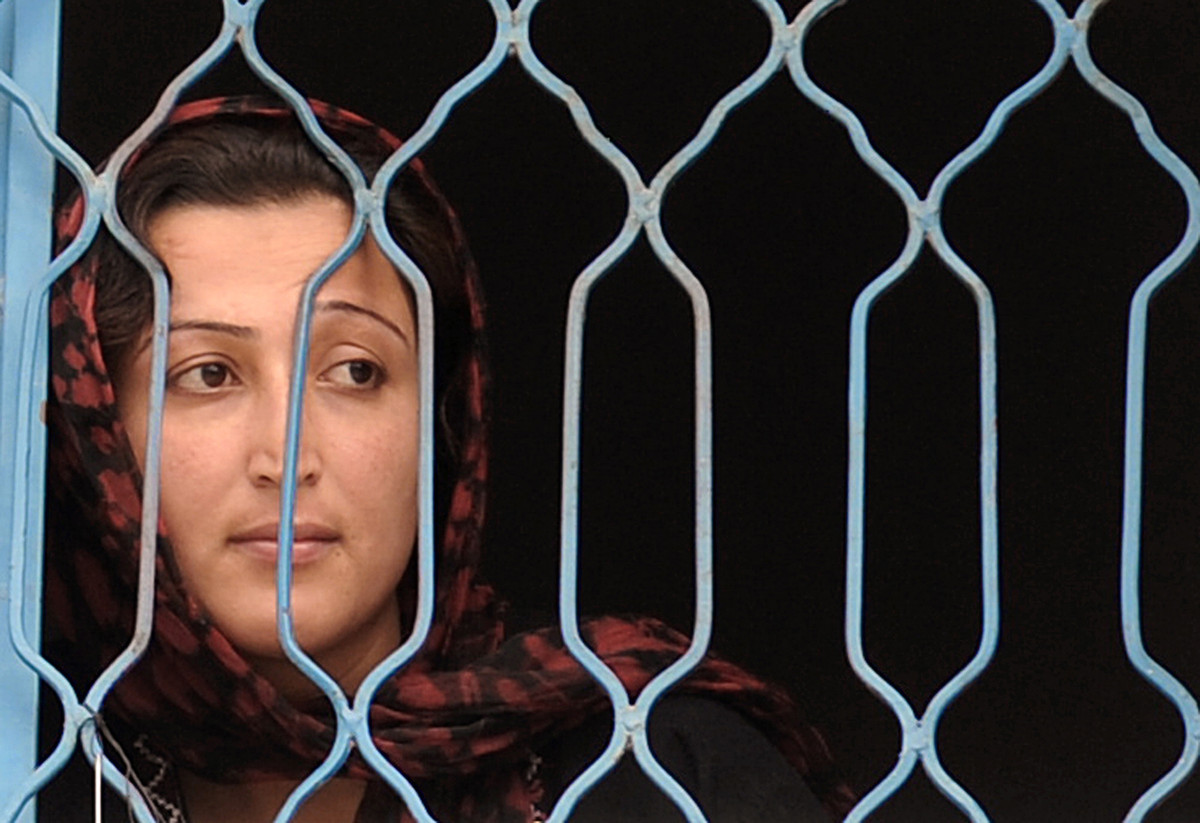M WAQAR..... "A man's ethical behavior should be based effectually on sympathy, education, and social ties; no religious basis is necessary.Man would indeed be in a poor way if he had to be restrained by fear of punishment and hope of reward after death." --Albert Einstein !!! NEWS,ARTICLES,EDITORIALS,MUSIC... Ze chi pe mayeen yum da agha pukhtunistan de.....(Liberal,Progressive,Secular World.)''Secularism is not against religion; it is the message of humanity.'' تل ده وی پثتونستآن
Tuesday, December 25, 2012
Afghanistan Women Prison Eyed Amid Rising Violence
When 23-year-old Soheila was forced by her father to marry an older Afghan man, she ran away and married the man she loved. Her father tracked her down and dragged her back to Kabul where she was sentenced to six years in the women’s prison – all despite being pregnant.
“Here I don’t have a life. My child does not have a future. Life in prison is difficult. But if I go to be with my husband, my father will kill me,” Soheila told filmmakers of the Center for Investigative Reporting (CIR).
CIR's film offers a rare glimpse into the daily lives of Afghan women behind bars against a backdrop of rising violence. The center explains that the majority of women in Afghan prisons have committed what courts describe as moral crimes: refusing arranged marriages, running away from home, marrying without family consent and attempting adultery. Prisons, much like safe-houses established by NGOs, have emerged as one of the few places women can go to be safe.
On Tuesday, the United Nations published a report revealing a rising number of discrimination and domestic abuse cases among Afghan women, and this despite the 2009 Elimination of Violence Against Women law. Most of these incidents, the report says, remain under-reported because of "cultural restraints, social norms and religious beliefs," according to Reuters.
The report comes only a day after unknown gunmen fatally shot Nadia Sediqqi, acting head of the women's affairs department in Laghman province. Reuters reported that Sediqqi's predecessor Hanifa Safi was killed by a car bomb in July. Safi's family blamed the Taliban for the attack.
Most of women's rights abuses in Afghanistan are seen as being rooted in the rampant illiteracy in the male-dominated country. Even so, Afghan women’s rights lawyer Gol Ghutai tells CIR that the responsibility of Afghan society is not just to educate women on women's rights, but also to educate men.
According to Ghutai, Afghan law is not that much different from Western countries, there is a marked discrepancy between the constitution and what is being practiced in Afghanistan.“If the husband disappears for more than three years, Afghan law says the wife can go to court and ask for divorce,” says Ghutai. “But according to Sharia law, a woman has to wait for her husband for 70 years. The judge will give his verdict with consideration to both Shari’a law and civil law.”
Subscribe to:
Post Comments (Atom)

No comments:
Post a Comment